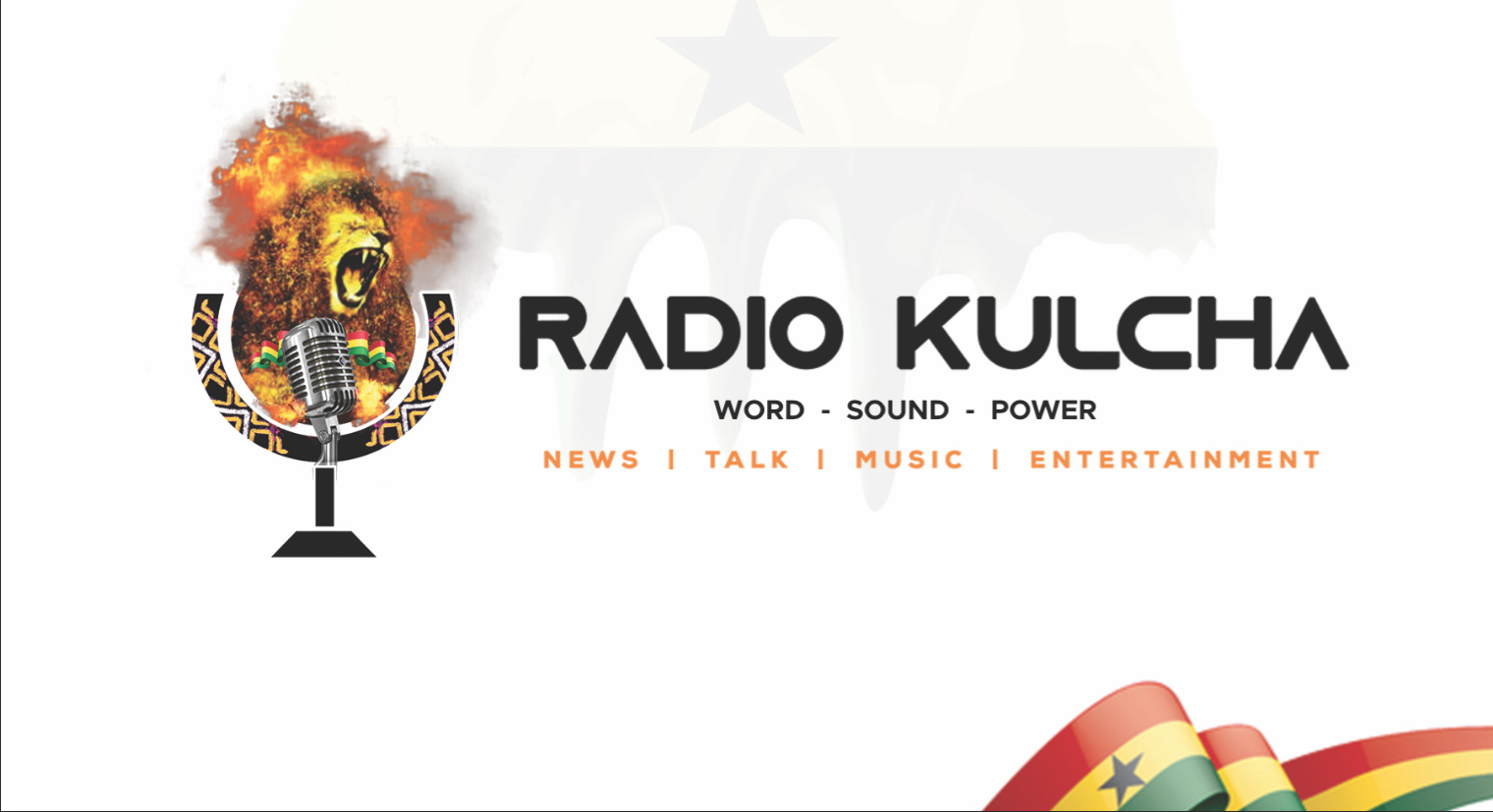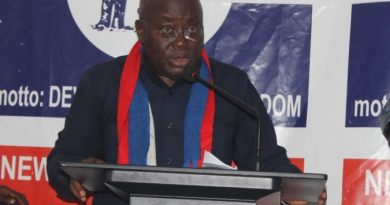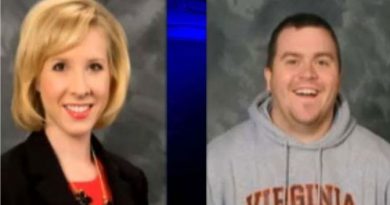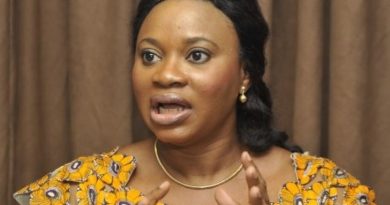Ghanaians Trust Public Media More Than Private Media-Research Confirms

A recent survey by an American Political Science Professor, Professor Susan Wing, has revealed that Ghanaians trust the public media more than the private ones in the dissemination of information.
The survey also found out that people want knowledgeable and trustworthy sources of information.
Professor Wing made this known in Kumasi at a day’s seminar on Elections Reporting for journalists in the Ashanti region.
It was organized by the Institute of Democratic Governance, Ghana with support by the U.S. Embassy in Ghana.
According to Professor Susan Wing, Ghanaians trust the public media mainly due to the polarization of the media along political lines and enhanced enlightenment.
Professor Wing, who is also the Chair of the Political Science Department of Harvard College in the U.S. noted that Ghana is one of the highly rated African countries with the freest media, while her democracy is well acknowledged globally.
She disclosed that there is currently too much restriction on the Rwandan media due to its role in that country’s unenviable history in conflict in which many people lost their lives.
She advised that for the private media to gain the trust and confidence of the public, players in the sector must reinforce their role in society by being truthful and accurate in the dissemination of information.
She noted that even though the media has so much power, it should be exercised together with their responsibilities, particularly when reporting on elections and electoral processes.
In this regard, the media must always seek to provide the electorate with the kind of information that will help them to make informed choices, while being clear in their minds about the various electoral laws, rules and regulations as well as their rights and responsibilities.

The Ashanti Regional Director of the Electoral Commission, Paul Boateng noted that the electorate depends much more on the media for information regarding the electoral processes as well as the candidates before making their choices in elections.
It for this and other reasons that media practitioners must, at all times, strive to provide unbiased, accurate and factual information to the audience.
Mr. Boateng took the journalists through certain election-related terminologies. These include irregularities, malpractices, fraud, cheating, rigging, spoilt and rejected ballot papers.
Background
Professor Susan Wing has worked extensively on the political and democratic landscapes in Africa over the years, particularly in Mali, for which she served as the reference point for some of the international media during the country’s political crisis about three years ago.





